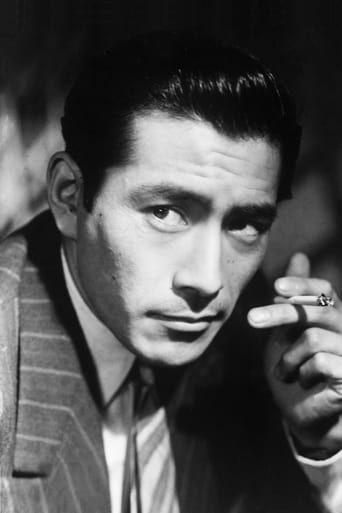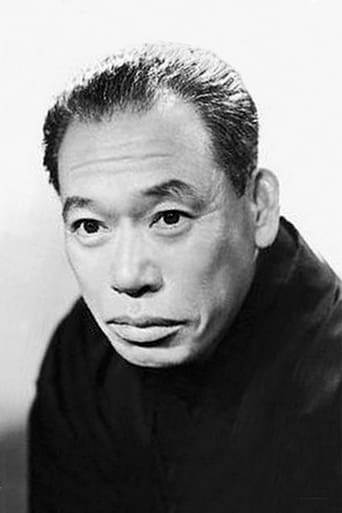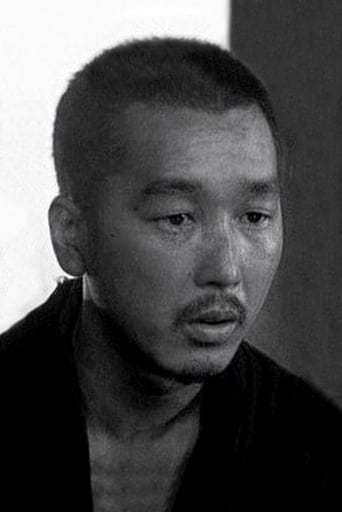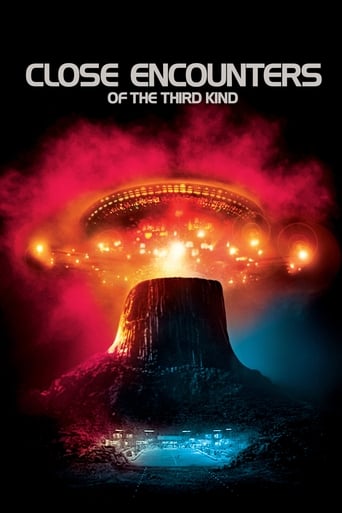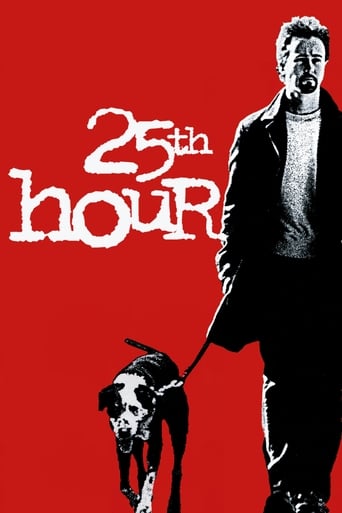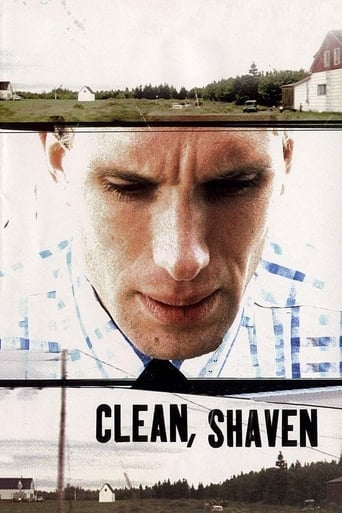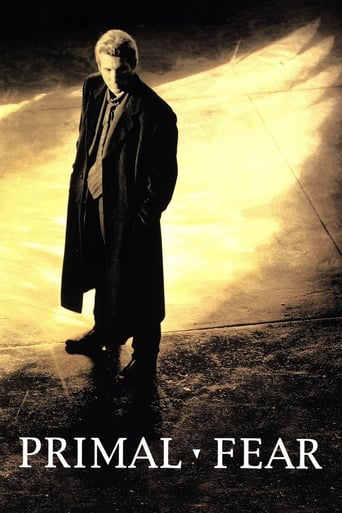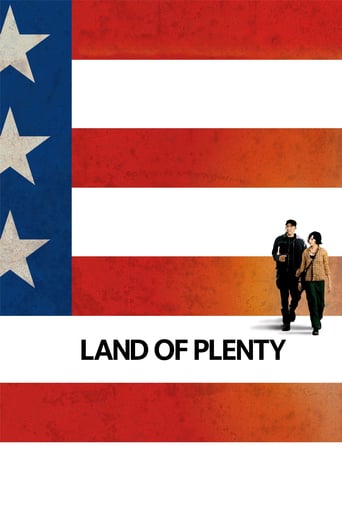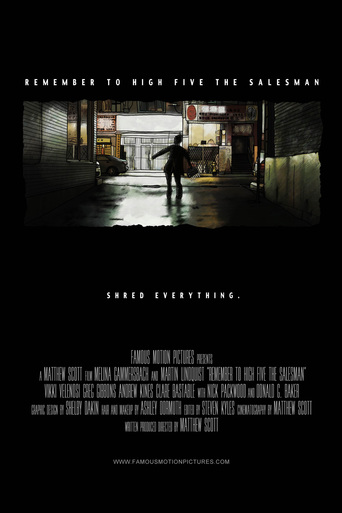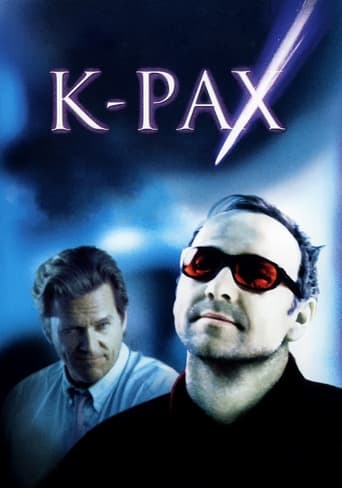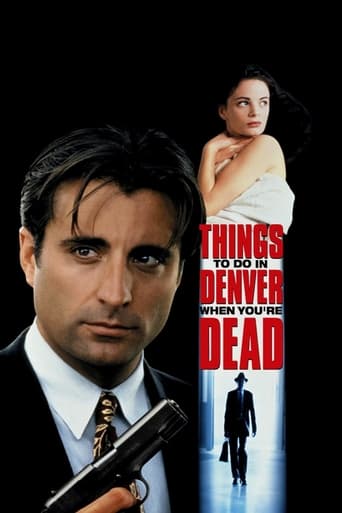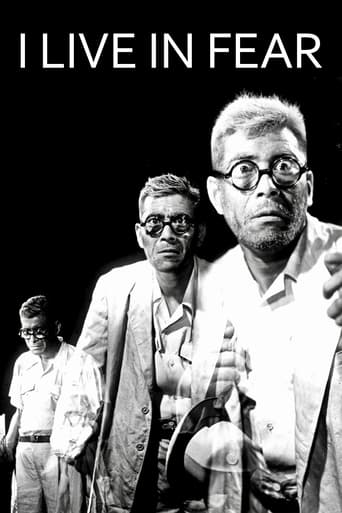
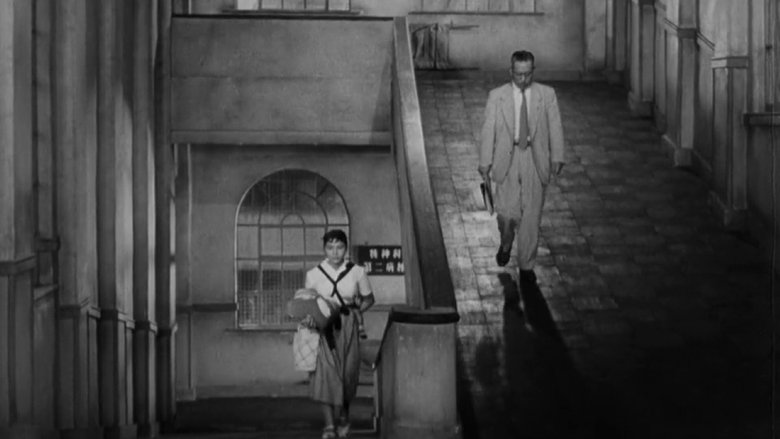
I Live in Fear (1955)
Kiichi Nakajima, an elderly foundry owner, is convinced that Japan will be affected by an imminent nuclear war, and resolves to move his family to safety in Brazil. His family decides to have him ruled incompetent and Dr. Harada, a Domestic Court counselor, attempts to arbitrate.
Watch Trailer
Cast


Similar titles
Reviews
Let's be realistic.
It's fun, it's light, [but] it has a hard time when its tries to get heavy.
Clever and entertaining enough to recommend even to members of the 1%
Great example of an old-fashioned, pure-at-heart escapist event movie that doesn't pretend to be anything that it's not and has boat loads of fun being its own ludicrous self.
Akira Kurosawa tackled cardinal problems in all his films: the struggle for survival of men, women and children in a country devastated by war, terrorized by a corrupt government, ravaged by bandits and by yakusa extortions or torn asunder by clan fights. But, he almost always put human dignity at the center of the debate; although, also for him, the nature of human beings and their motives remain questionable ('Rashomon').One of these cardinal questions is nuclear safety, the threat of the use of nuclear weapons in a new worldwide conflict (see also 'Dreams - Mount Fuji in red, The weeping demon' and 'Rhapsody in August'). This threat was still strongly felt in Japan long after the Second World War. For the Japanese, the 'anxiety about the bomb that we all share' is still very real. In this film, the threat becomes an obsession for a Japanese entrepreneur. He invested already heavily in underground dwellings. But now, he wants to sell outright the family assets (his foundry) and immigrate to Brazil. With all means available he tries to convince and force all his family members to leave Japan with him. But, those members reject completely his proposal and introduce a complaint in a court specialized in family conflicts. They try to block the sale of the family fortune and ask the tribunal to declare the patriarch insane.The film plays on three levels: the individual and his anxiety, the family (and, of course, the inheritance) and the Japanese society in general through the court of justice. At the end of the film, one of the judges raises the crucial question: 'Are those who remain unperturbed by the threat of a nuclear war, not the real fools? ' The film exposes the harsh confrontation between the cynical and ungrateful family members and a 'sick' father. Only one family member (born out of wedlock!) continues to respect the patriarch.With a wonderful Toshiro Mifune in the role of the family don, this movie is a must see, and most certainly by all Akira Kurosawa fans.
In any other hands the weight of the subject matter of I Live in Fear (or Record of a Living Being, which may or may not be the more accurate title) would be handled with the ham-fisted pounding-over-the-head drive of a Paul Haggis. Under Akira Kurosawa's direction, however, there's somehow subtlety, or at least ambiguity, in how the characters are depicted in the scope of the message.It might have even seemed a little more dated- total blind fear and paranoia about the possibility of *the* bomb falling down and wiping out civilization- if not for the current state of affairs, in some parts of the world, regarding terrorism. What is it to be loaded up, whether it's from seeing it first hand (which isn't to downplay the tragedy of that experience) or being affected by media hype or propaganda, and made to believe that getting murdered in such a way to consider it an existential threat? How does one contemplate something, like nuclear threats or terrorism? Mifune's character, in a sense, might not be totally wrong. It's nothing to be ashamed of to take precautions to protect your family (in ten years Kiichi Nakajima has had the H-Bomb threat on his mind). It's the extreme nature that throws his big family for a loop - taking everyone off to Brazil (you know, like the song, as well as South America) - to avoid the nuclear fallout from the presumed bomb drop. This includes a bitter family battle over his right to do this, or to sell the factory he owns and his family and others work at, and just how much to take him seriously.What ends up happening in Kurosawa's treatment of Nakajima isn't hitting you over the head with its message, be it that there is a big danger of the bomb or that you need to take care of the mentally ill no matter if they're right or wrong. It's about Nakajima in the scope of his family. The H-bomb fear is real for him, but it's seen by the family in a split vision- some will go wherever he wants to, and some want him committed and look to pilfer his will- that brings the drama. In fact, as one of Kurosawa's lessor seen works (i.e. not as well-known as his classics from the 50s Seven Samurai, Ikiru), it's one of his most compelling. And Kurosawa has two gambles that he takes with the film, the kind that if they go wrong will affect the film in a negative way. The first is Mifune's performance. At first one might think he's playing it without much dimension, but there's something about his physical transformation that makes it a unique performance- almost an embodiment, to say it pretentious-like- one that makes Nakajima a purely neurotic character, with his big round glasses, buzz-cut hair, and grizzled, old look. We've never seen Mifune like this, and he adds great little note to a career that seems to be filled with mostly BIG performances (i.e. Throne of Blood) or star vehicles. There's that extra bit of effort, as Kurosawa does in the writing and spare direction, to add some humanity to a part that should be cut and dry. Anyone who wants to see Mifune the 'actor', should check out this or Samurai Rebellion for sure, as opposed to the 'bad-ass' of Yojimbo.The second thing is the music, or what appears to be a lack thereof. The original composer apparently died midway through and was replaced, but it's ironic since I don't notice much of a music score at all during the film. There's the opening theme, which is quite extraordinary, but a lot of times we're just left in these awkward, tense dramatic scenes (like the Office, only not funny). Unlike other Kurosawa small-scale dramas where the music is piled on a bit (Scandal comes to mind), this is just very bare-bones in relation to the material. It's a little startling after a while, but it works. A-
"I Live in Fear" is a thought-provoking, moving film about love, greed and fear, framed as only Kurosawa could. If you're a fan it's a must see, as it explores new and old themes in a stark, interesting manner. Excellent acting through-out, and please look carefully--Mifune wears no make-up, just huge glasses and a perpetual scowl; his talent and intensity were all he needed. This film also gives us an interesting look at Japan after the bomb, and the different ways people chose to deal with the fear they all in fact felt. The film does not judge, sympathizing with the children even as it highlights their selfishness. A good movie to make you think about where we've been, and where we might be headed.
Unique and unforgettable ! Scenes that will literally haunt you with beauty, shock, and raw emotion. Unfortunately, rather contemporary due to it's threatening storyline of fear by nuclear attack. Superb ensemble acting with Mifune at peak intensity. Not a wasted shot with hypnotic direction by Kurosawa.


